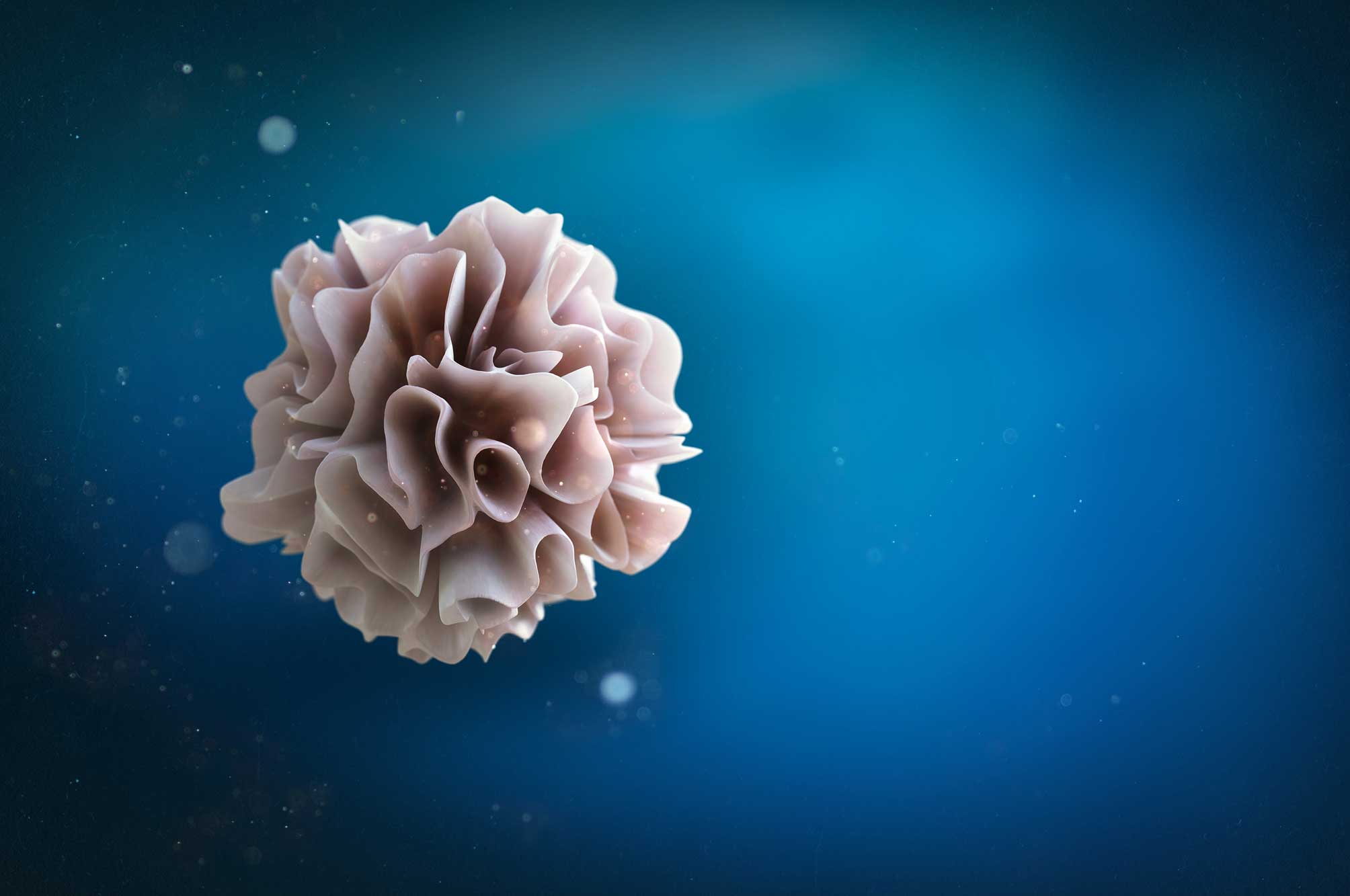Dendritic cells have a central function in the immune system: they recognize foreign or malicious structures and activate an immune response against these. Accordingly, they are of immense importance in the defense against infections, as well as against tumors.
Ralph Steinman was awarded the Nobel Prize in Medicine in 2011 for the discovery of dendritic cells and their function.
IThese days it is possible to generate dendritic cells from the monocytes of cancer patients. In the laboratory, they are “loaded” with information about the characteristics of the tumor and danger signals, and then administered as a vaccine to the patient. The vaccine results in the activation of the patient’s immune system and a triggering of a specific immune response against the tumor cells.
A research focus
Even though dendritic cells were discovered less than four decades ago, there is great scientific research interest in them. Several hundred clinical studies regarding their application in tumor therapy have been initiated and several thousand scientific publications are published every year on this topic.
Vaccination with dendritic cells: a clinical reality
The first regulatory approval of a vaccine with dendritic cells was granted in May 2010 in the USA for Sipuleucel-T (Provenge®) against prostate cancer. In 2017 a further DC-vaccine (APCEDEN®) was approved in India for the treatment of four cancers (prostrate cancer, ovarian cancer, colorectal cancer, and non-small-cell lung cancer). Further approvals for other types of cancer are expected. The IOZK has a manufacturing authorization for the vaccine IO-VAC® and has been administering it successfully for years.
